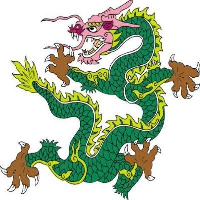Enterprises and public institutions: system analysis, design, scientific research and development, management decision-making, design planning Colleges and universities: teaching, scientific research, system science and engineering, system science and engineering, mainly research the theory and knowledge of system science, decision management, control system, computing system, etc., and cultivate students with system analysis and design, research and development
Expand Details









